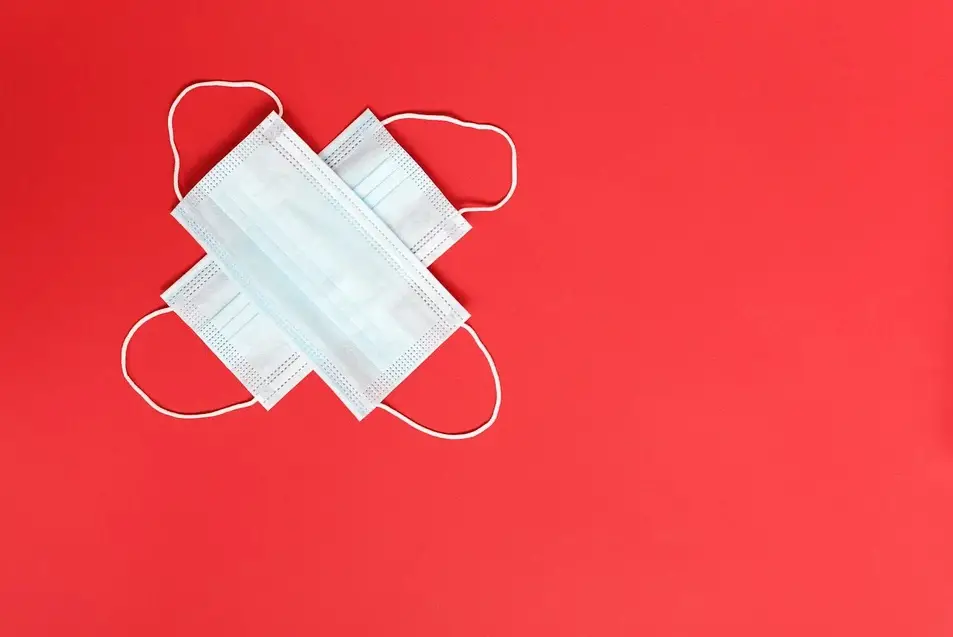
July the 15th, 2020 – The measure which states we must wear masks when using public transport, when shopping and when indoors in public spaces is now fully in force. However, there are exceptions to this rule. The Croatian Institute of Public Health has detailed precisely who doesn’t need to wear a mask.
As Poslovni Dnevnik writes, there are individuals who don’t need to follow the rule of wearing a mask, and they are people who have specific health conditions and developmental characteristics that could be worsened by the covering of the mouth and nose with material.
The conditions cited are most often those in which wearing a mask can lead to difficulty breathing or danger of suffocation. In these conditions, it is necessary to set aside groups of people who don’t need to wear a mask – they emphasised from the Croatian Institute of Public Health (HZJZ) regarding the “Decision on the necessary measure of the mandatory use of face masks or medical masks during the declaration of the COVID-19 epidemic.”
They listed which people are not required to wear a face mask and situations where this is tolerated, such as cases where a person has trouble breathing due to a chronic illness or they’re a person who suffers from a condition which makes them lose consciousness.
Those who don’t need to wear a mask are listed below:
– Children up to two years of age
– Preschool-age children over the age of two if the child, despite the efforts of the parents/guardians to get them to wear a mask, resists wearing the mask or cannot refrain from touching the mask and their own face (some children are irritated by the mask and feel an intolerable need to adjust the mask and touch their faces, as such, the chances of getting the virus through the mouth, nose or eyes increase).
– Children over the age of two up to the lower grades of primary school need to wear a mask only when partaking in activities that are limited in time, and when they are under the constant supervision of their parents/guardians (for example when using public transport, in health care facilities or when going shopping, although parents are advised to take their children to the store only if absolutely necessary).
– People with certain forms of disability such as: certain mental health impairments including autism spectrum disorders if those individuals resist or can’t tolerate a face mask, people with intellectual disabilities, and people with severe physical/motor impairments due to possible breathing difficulties or an inability to remove the mask without the help of another person.
– Persons who need to transmit information to a person who is deaf or hard of hearing, this includes interpreters for deafblind people and other accompanying persons, in a situation where the message cannot be written down or transmitted to such a person using sign language, but only by reading from the face and lips.
– People who are hard of hearing or deaf when in situations where a mask prevents effective communication and adequate understanding of the transmitted message.
– Persons with breathing difficulties due to them suffering from chronic diseases (these situations shouldn’t be confused with a respiratory infections that are accompanied by a fever or other signs and symptoms that may be characteristic of the new coronavirus).
– Persons with altered consciousness or loss of consciousness, and those who suffer from conditions which cause either of these things to occur.
– All those who, for other reasons, cannot remove their own mask without the physical help of another person.
For more on the Croatian Institute of Public Health and coronavirus in Croatia, follow our dedicated section.









